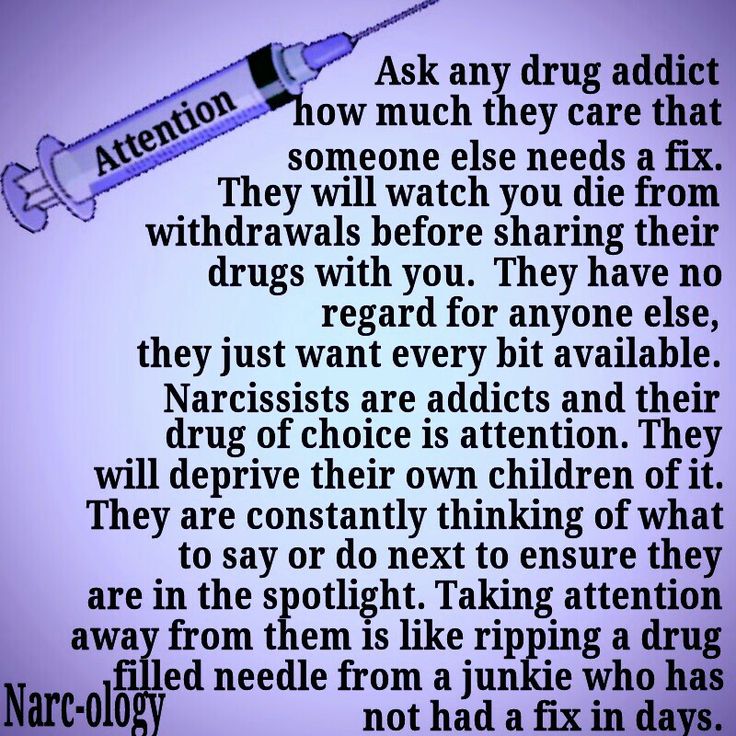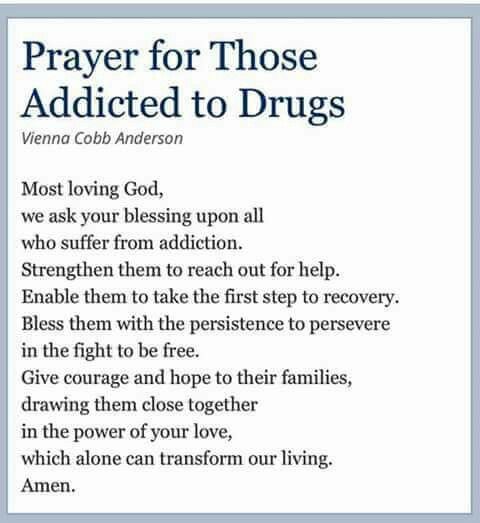Dating a heroin addict in recovery
Dating > Dating a heroin addict in recovery
Click here: ※ Dating a heroin addict in recovery ※ ♥ Dating a heroin addict in recovery
This is what we need to watch out for. There is rarely that cute compassion for those who have an allergy to alcohol, so we hide- not because we need the cute compassion, but because we opt not for the opposite of compassion. Both people are victims.

Print that your number-one priority is getting well and you need to focus on yourself for this period. The Tribune recently spoke to her by phone about her new book. You deserve to the know the truth. How can you help your drug addict partner in such a social. Standard advice is to hold off on dating for the first year in recovery, largely because relationships take your focus off of your own healing and, with their emotional highs and lows, are a leading cause of relapse. It would be some sort of a checklist that they should have in their minds already if they're attending a 12-step program. It would follow then, that recovering individuals would choose differently after working on themselves first. Loved ones who have stood by an addict have experienced great breaches of their trust. Before you jump in head first, you may want to glad whether dating another addict is a good idea. Although an estimated 40 to 60 percent of addicts relapse, a return to old habits is not inevitable.
Once bail is posted and the addict is released, nothing will change. Some are deeply people whose lives are infused with meaning and purpose, while others volunteer in their communities or have interesting hobbies that keep them grounded. If this happens, you will most likely experience cravings, and your own sobriety may become precarious. This one is vital for any relationship in which one person is in recovery and the other is not.

Should Addicts Date Addicts? - If you move forward with the relationship, be aware of a few unique aspects of dating someone in recovery.

For some, discovering that your new love interest is in recovery for alcoholism or drug addiction might be a red flag. That was never the case for Karen Nagy. When she first started dating a man in recovery, she welcomed the challenge to be by his side on his path to sobriety. But as their relationship evolved, Nagy desperately wanted advice from someone who had walked in her shoes. It's essentially a manual for people not in recovery who are either dating or married to those who are. The book's publisher, Hazelden, operates treatment centers across the U. Nagy offers her own experiences dating men in recovery and shares stories of couples embarking on the 12 steps together. The Tribune recently spoke to her by phone about her new book. Below is an edited transcript. Q: What common misconceptions about people in recovery do you dispel? I hope the book dispels that myth. You can work it out. You have tools to help you. Q: Do you believe certain types of people are drawn to those in recovery? A: I think people who come from addictive families are used to the patterns they see in people in recovery. They're familiar with the behavior, and it's comforting for them. This can be OK as long as those dating addicts have their act together. This can be detrimental if they've never stepped outside themselves and noticed their own behaviors. Codependency and enabling can be bad for relationships. Q: How do you recognize if you're being codependent or enabling? A: If you have certain boundaries you realize are being crossed, that's a sign of codependency. Another one is if you start to change yourself in order to be with that person. I would change my likes and dislikes according to my boyfriend's preferences. I just gave in too soon. Enabling can happen by either ignoring a situation or stepping in too much. Q: You write about the need to attain emotional sobriety. A: Emotional sobriety is freedom from relying on others to make you happy or sad. It means you're not governed by your emotions and you don't have unreasonable expectations of others. Many addicts don't have it because their emotional development stopped at the age they became addicted. They have to relearn how to use their emotions in a healthy way. Q: With any addiction, there is the risk of relapse. How can a partner best prevent that from happening? A: Work with your partner to draw up a list of warning signals, places that might make them uncomfortable or things, like a particular song or smell, that might set them off. It would be some sort of a checklist that they should have in their minds already if they're attending a 12-step program. But be careful not to be too enabling or codependent about it.
Last updated